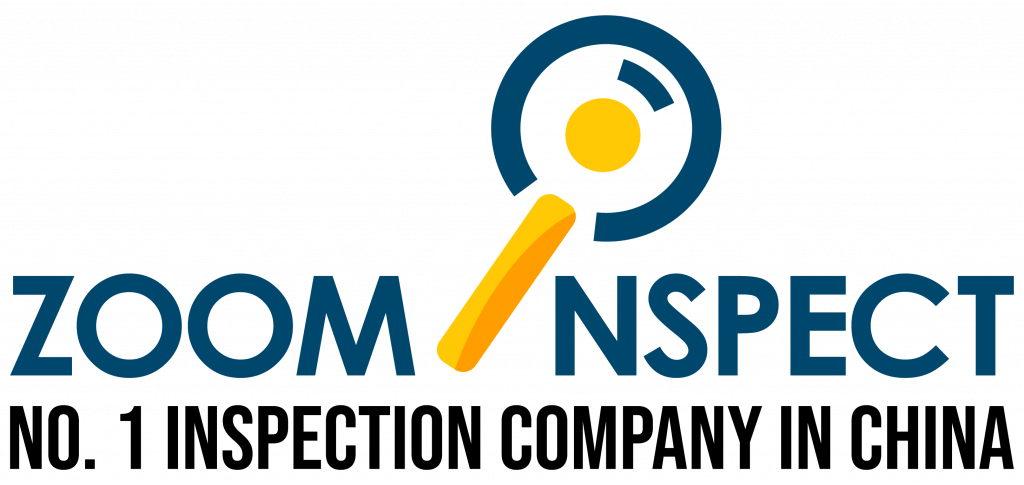Is it your desire to contract or source your products directly with a manufacturer instead of any intermediary trading firm in the process? If you’re clueless about the process to distinguish between a production factory and a trading firm, then the following paragraphs will solve the mystery for you.
However, first, we will delve into what is a trading firm in essence to provide a better picture of the scenario. A Trading Firm also comprehended as a vendor, mediates as a trade operator between consumers and industries without any ownership or interference in the production of a product line proposed for sale. It buys products from one location and sells it at another location of its distribution network. Thus, all export and import operations are governed by them. However, they do not have any link with the production company and manufacturing process.
In your quest to search for a production company to source your products, you may uncover several locations that are registered as factories in their zones but aren’t producing the goods as advertised on their websites or various platforms like Alibaba and Global Sources.
4 Factors To Distinguish Between A Factory And A Trading Firm
Most of the trading businesses are associated with a single supplier. As far as cost and quality standards are met, many clients do not mind the retailer or a trading firm. Considerable consumers profit from collaborating with a trading company rather than discreetly negotiating with a production plant.
So, is there a marker that indicates a trading firm at first sight? The reality is, being 100 percent sure never happens in the business world. However, using these four benchmarks will give you a good clue to distinguish a trading firm and a production house.
- Product Variety
“Does the business sell multiple product types that demand different methods of production?” This is one significant query to keep in mind. Most companies, therefore, focus their efforts and attention on just one product line manufacturer to keep up with the quality standards. For instance, if a company manufactures and sells tennis rackets, running shoes, and sports bags, then they are much chance that it is not a manufacturing business because if a company deals in an extensive spectrum of products, then most likely it will not be the one manufacturing it.
Moreover, almost all manufacturers based in China are focused on very limited product lines or production processes. The mindset behind such ideology is the increasing cost of heavy machinery required for an increasing spectrum of products to be manufactured. In addition, these products require entirely separate production methods so building expertise in all the relevant fields also requires much effort and time. Most companies, therefore, focus their efforts and attention on just one product line manufacturer to keep up with the quality standards.
- The Company’s Name
Trading firms prefer to have names of their companies that are much catchier and more bankable than individual suppliers. In an attempt to acquire a wider customer base, trading firms seem to choose names and slogans which are marketable and inviting to foreign customers. On the other hand, manufacturing factories select names that give off the essence of the products they manufacture. Very seldom in China does a plant uses an eye catchy label.
Furthermore, the business names used by manufacturing companies usually correlate with the name of the city or town in which they originate. For instance, the name “Shanghai Plastic Products Manufacturer” implies that this business deals with plastic products such as buckets, chairs, etc., and is based in the city of Shanghai. Albeit, such a name might not appear quite enticing to international investors, would it? However, a trading firm would very likely have a much more eye-catchy name, such as “Personal Care products Technology Company,” in order to come across as a maker. Very seldom in China does a plant get a label like that.
- The Company’s Location
Another answer that must be searched is for the question “Where is the agency situated?” With technological advances, it is easier to type a company’s address on Google Maps to observe whether the factory is operating in the center of big, crowded urban cities or less populated and far-off districts.
The crux of the matter is that if the location is in a commercial district, it is very likely to not be the production venue. However, that doesn’t mean that the company is not a real production firm as several large-scale companies have their distribution offices located in the city. Nevertheless, a slight inquiry into the location of production houses, most of the time reveals no connection between the production company and the business selling it.
- The Company’s Website
For companies located in China, the market webpage is typically the main predictor so it is important to notice different aspects of the company’s website. Very often, it occurs that if the entire website is in the English language as well as virtually appealing, it belongs to a trading company. The exception to this factor is gigantic, well-reputed, and multinational manufacturing companies.
Hence, even plenty of leading Chinese factories have very basic marketing site interfaces with no supplementary languages to communicate their product details with foreigners. This is because these factories do not regard it as their primary objective to create an enticing virtual platform where they can market their products. Moreover, the truth of the matter is that the absence of good promotional campaigns on social media from manufacturers in the Chinese market is a major factor in why China has swept over trading firms.
CONCLUSION:


